end of life eating
Providing support for practical tasks. If a hospice patient stops.
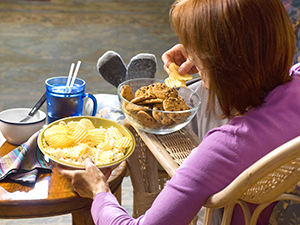
The Science Of Stress Eating What It Is And How To Stop It The Admiral At The Lake
This may make you cough more or have the sensation of choking.

. As a persons body becomes less active in the final stages of life they need less oxygen and their breathing may become shallower. Patients themselves their families and caregivers and health care professionals often struggle. But end-of-life eating habits and nutritional needs change and loss of appetite is normal.
At the end of life the body is preparing for death and is beginning the natural process of shutting down. Fewer calories are needed so loss of. One of the hardest things for a family to accept.
Eating and Drinking at End-of-Life. End-of-life care refers to the act of treating patients with dignity respect and concern for their comfort as a member of the patients care team. In the days and even weeks.
Eating and drinking less is a common sign that someone is coming to the end of their life. Written By Elizabeth Cavenaugh. There may be long.
Death can come suddenly or a person may linger in a near-death state for days weeks or even. Its important to understand what happens to the body during the dying process and how to support the person who is nearing end of life. When my mom was sick with lung cancer my dad spent so much of his time preparing food in the.
Loss of appetite is natural and expected. As one nears the end of life metabolism and digestion gradually slow down. Every death follows its own course but home hospice patients generally exhibit several stages of symptoms before passing.
The body wants to save the energy that is normally spent on eating and drinking for. But this isnt always the case eating and drinking changes can be caused by other things. Other times it becomes unsafe for the person to consume solid foods or even liquids.
Heres what you need to know. Each experience is different at the end of life. Purpose Dysphagia is common in the last days of life Bogaardt et al 2015.
As a person nears the end of their life they often stop eating. Appetite and digestive changes. Changes in taste and smell dry mouth stomach and bowel changes shortness of breath nausea vomiting diarrhea constipation these are just a few of the things that make it harder to eat.
End of Life Timeline. Eating and Appetite Near the End of Life. At the end of life IV fluid may make you feel worse not better.
It can increase secretions in your lungs.

Rcp Publishes New Guidance For Supporting People Who Have Eating And Drinking Difficulties Rcp London
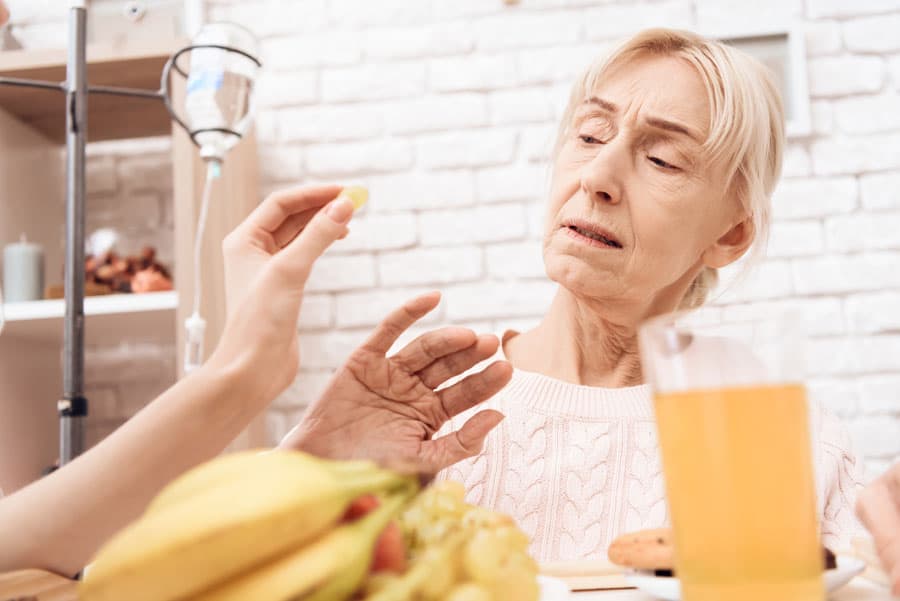
Nutrition Concerns For Terminal Patients Connecticut Hospice
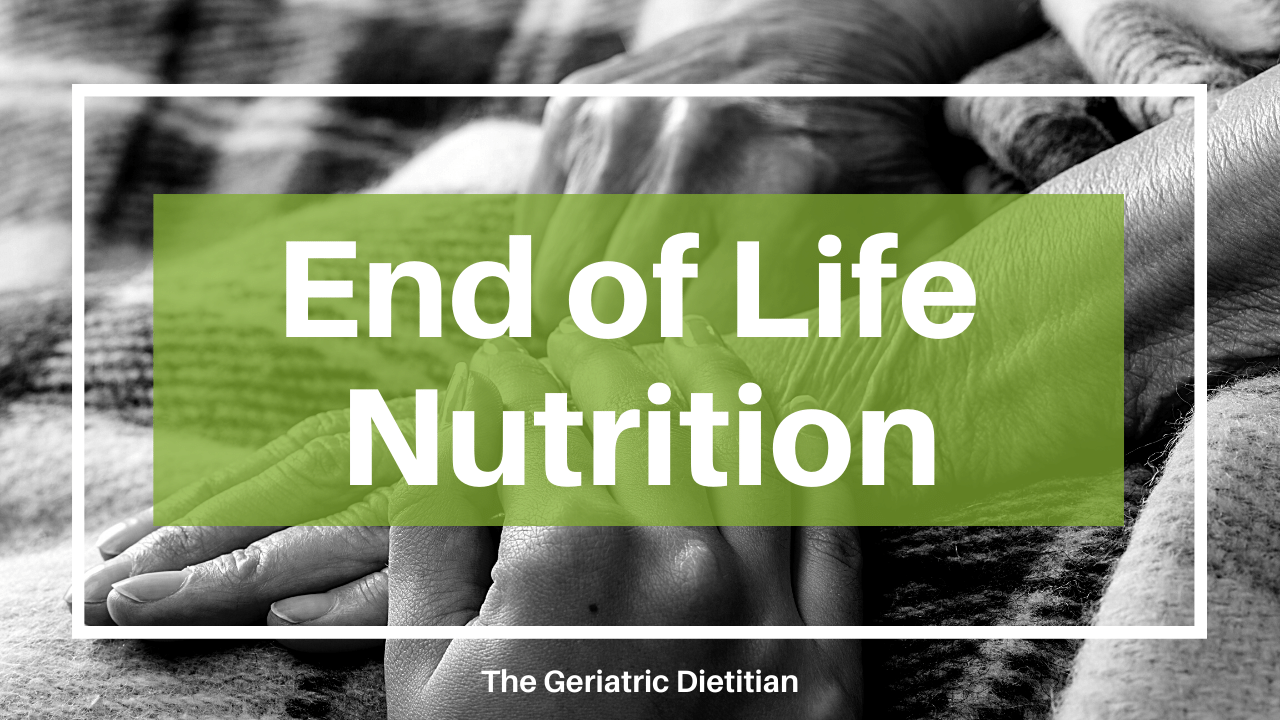
End Of Life Nutrition The Geriatric Dietitian

A Conversation About Voluntarily Stopping Eating Drinking End Of Life Choices New York
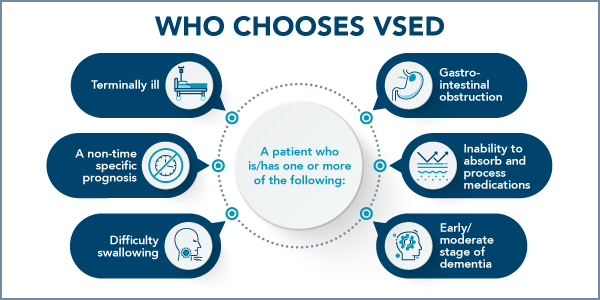
Voluntarily Stop Eating And Drinking Vsed

Woman Chose To End Her Life By Not Eating Daughter Filmed Last Days Twin Cities

Eating For Comfort And End Of Life Nutrition Nutrition Care Systems

What Can A Hospice Patient Eat And Drink Samaritan Hospice Blog
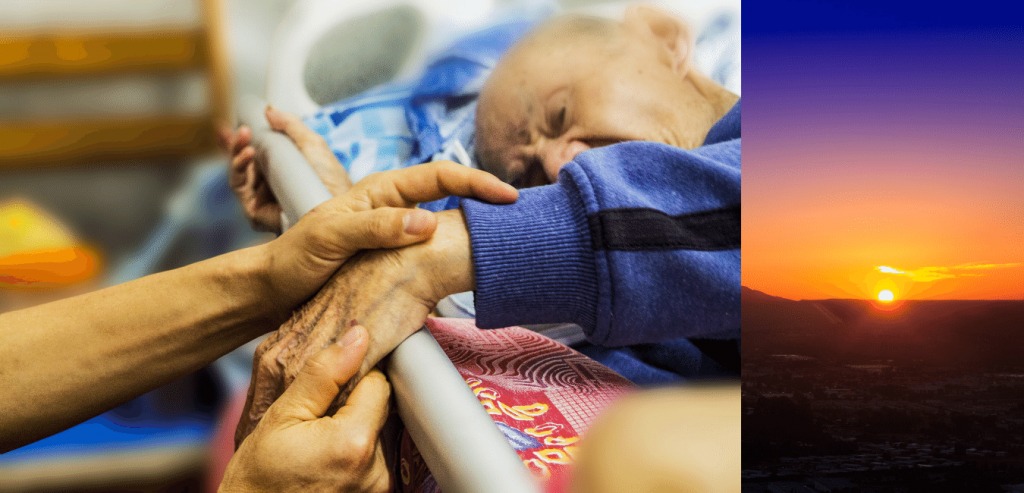
End Of Life Nutrition The Geriatric Dietitian

When A Hospice Patient Stops Eating Or Drinking Vitas Healthcare
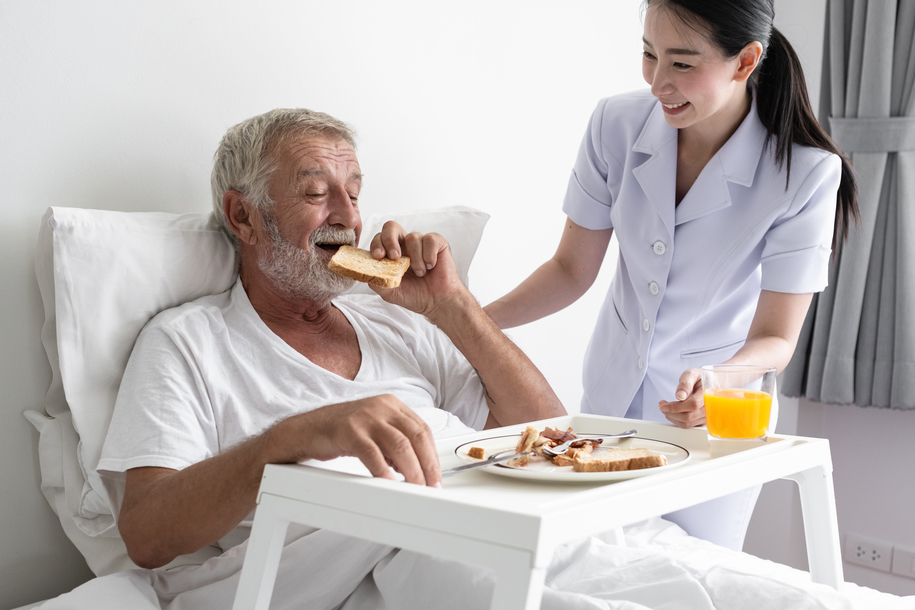
What Would It Take To Fulfill Your Last Wish Inspiration Hospice
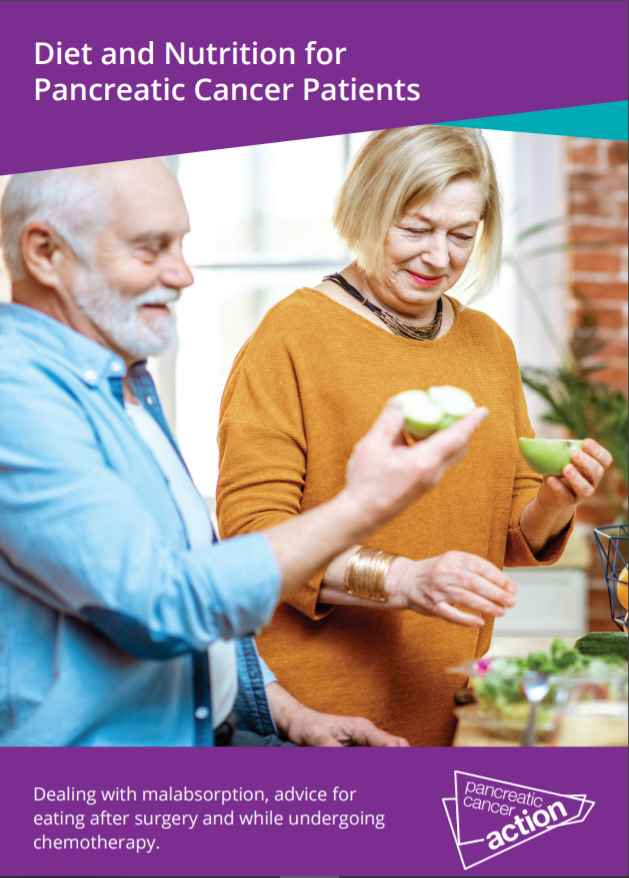
Palliative And End Of Life Care Pancreatic Cancer Symptoms Pca

Reasons For Decreased Appetite At The End Of Life Grove Park Pharmacy And Hospice

Voluntarily Stopping Eating And Drinking Vsed End Of Life Choices Oregon

Voluntarily Stopping Eating And Drinking Exploring An End Of Life Option For Suffering Patients Youtube

Handbook Of Nutrition And Diet In Palliative Care 9781138064072 Medicine Health Science Books Amazon Com

Nutrition 101 How Eating Habits Change At The End Of Life Home Care Pulse

